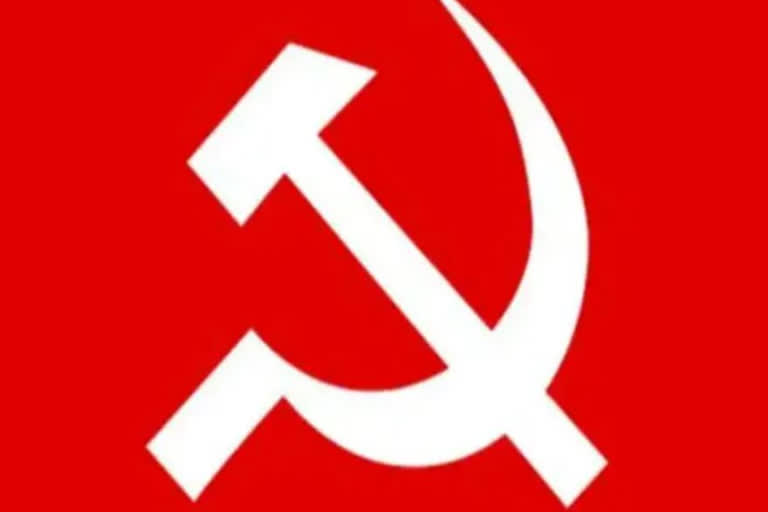New Delhi: Ahead of the Union Budget, the CPI(M) has alleged the Indian economy is yet to revive from the blow it was dealt with during the Covid pandemic and blamed the government for the way it was handled. The party demanded that taxation and public expenditure be used to tilt distribution in the favour of the working masses, improve the incomes of farmers, generate employment, and attain improved health and educational outcomes.
The latest editorial of the party mouthpiece "People's Democracy" said the budget for 2023-24 is to be presented before Parliament at a time when both Indian and world economies are facing a grim situation. "Notwithstanding the tall claims of the (Narendra) Modi government, India's economy is yet to recover from the crippling effects of the Covid pandemic and the disastrous way in which it was handled by the Government of India...
"India has to, however, be prepared for not merely a temporary world recession, but the possibility of a prolonged world capitalist crisis as the neoliberal 'globalisation' of the last few decades comes undone under the weight of its own contradictions," it said. The editorial claimed that India's economic development has also reflected these contradictions with an agrarian crisis, wage stagnation and a growing problem of unemployment accompanying even phases of high growth, leading to intensive exploitation of the employed working class and a vast increase in inequality.
It pointed out that India's real per capita national income in 2022-23, as per the first advance estimates, is going to be barely 2.4 per cent higher than the pre-pandemic 2019-20 level -- lower than even what an underlying trend growth rate of just 1 per cent per annum would have resulted in. This same period has also seen a sharp rise in inflation rates so that over three-quarters of the increase in nominal GDP between 2019-20 and 2022-23 is accounted for by increases in prices rather than in actual output, it said.
The industrial sector reflects the crisis most extremely, with manufacturing estimated to grow by just 1.6 per cent in 2022-23 over the previous year. "The class-biased approach of the Modi government has also ensured that the 'recovery' has been extremely uneven," the party alleged. It claimed that the "proof" of this uneven growth is that revenues from corporate and income taxes have increased much more than the increase in nominal GDP between 2019-20 and 2022-23.
"The only way this can happen in a situation where rates of taxation have not been increased is if the share of corporate profits and high incomes in the total national income increases. By implication, given the overall stagnation in income, India's working people have lost out," the editorial said. Through increased unemployment and lower wages, their earnings are on an average lower today than they were in 2019-20, it said.
"In addition to the ham-handed lockdown, which in the end did not even prevent lakhs of Indians from dying of Covid, the Modi government has contributed to the crisis by ruthlessly pursuing a policy of curbing public expenditure." The trends in revenues and expenditures till November 2022 indicate that revenues from central taxes as a percentage of GDP in 2022-23 will be higher than in 2019-20.
Further, the Centre's share in these will also be considerably greater because of a reduction in the states' share in revenues from central taxes. Yet, the Central government expenditure as a percentage of GDP will be lower than in 2019-20 if the present trend continues for the remaining part of the financial year, the editorial claimed.
"Thus, the Modi government's fiscal policy has strengthened rather than counteracted the trend of increasing inequality and failed to stimulate an economy facing a depressed demand situation. "This blindness to economic realities was visible even earlier, but the persistence with it even in the face of a catastrophic human tragedy related to the pandemic and its economic effects has a particularly savage element to it," it said.
The party said that with prolonged disruption in the global economy being likely, India's economic future depends on "genuine aatmanirbharta" (self-reliance). It suggested that instead of trying to compete in a global economy and squeezing out profits by condemning the working masses to a state of perpetual poverty, their potential to provide a large domestic market has to be exploited for a more autonomous trajectory of development.
"In the coming session of Parliament, the Left is committed to fighting for a Union budget that reflects such priorities and contest the myth that the government is constrained by lack of resources," the editorial said. (PTI)



